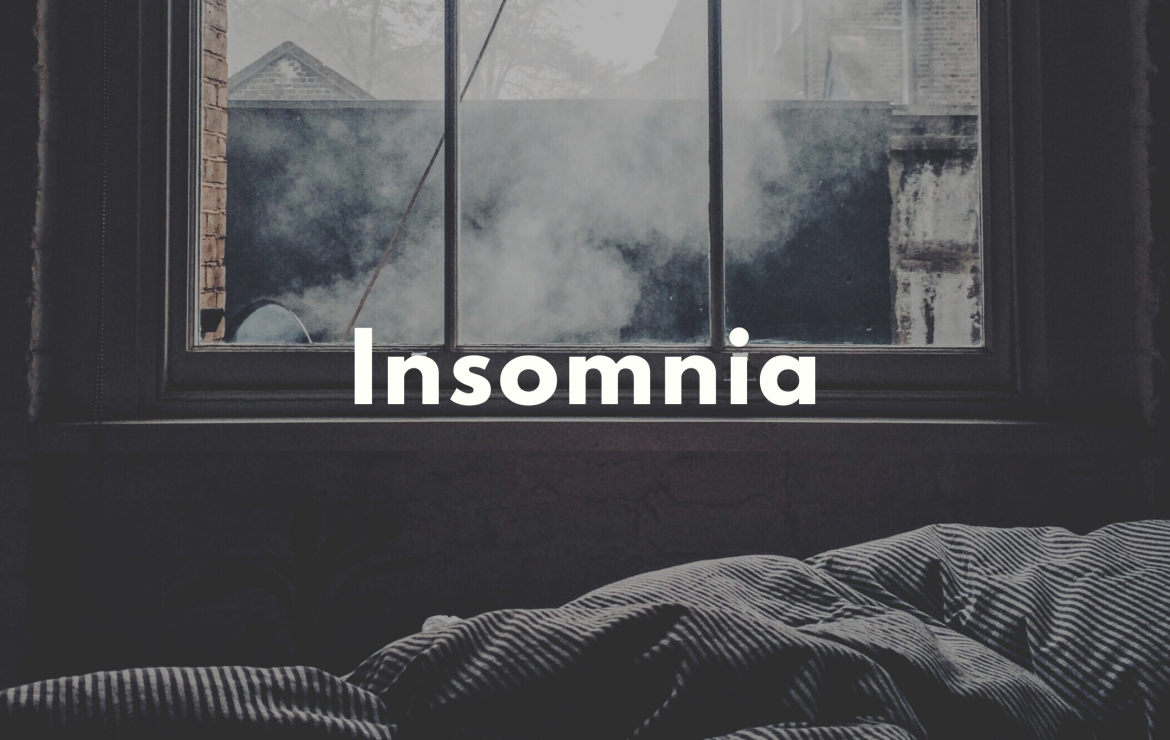Insomnia is a common sleep disorder. Many may have difficulty falling asleep, or have difficulty staying asleep. Some may wake up too early and are not able to get back to sleep. Many may feel fatigued the next day. To those who have insomnia, their school, work, life may be affected.
Stress in life may affect sleep and results in acute insomnia. If insomnia becomes chronic and lasts for a month or more, it may be associated with other illnesses or new prescriptions. Traveling in different time zones can affect our sleep. Shift work can affect our sleep patterns. You may be prone to accidents at work or on the road.
What is your sleep routine? Do you use computers to work in your bed? Do you constantly check your smartphones for social media? Do you play video games before bed? Do you eat dinner at a later time?
Mental health disorders may affect your sleep as well. Anxiety, PTSD, and depression may affect your sleep. Other mental health diagnoses may affect your sleep as well. Intake of alcohol, caffeine, cola, stimulants, and taking them later in the day may disrupt your sleep.
Medical diagnosis may affect your sleep. Pain, reflux, heart disease, diabetes, cancer, asthma, hyperthyroid, Alzheimer’s, and Parkinson’s disease may also affect your sleep. Other medical disorders such as Restless legs syndrome, Obstructive sleep apnea affects our sleep pattern. Insomnia becomes more common with age. Prescription medications increase the chance of insomnia.
Your health may be affected by chronic insomnia. Do you worry about sleep? Insomnia may affect your mood with irritability, depression, or anxiety. Chronic insomnia increases your risks for high blood pressure that results in heart disease. If you are having difficulty with sleep, have daytime sleepiness, click here to book an appointment

